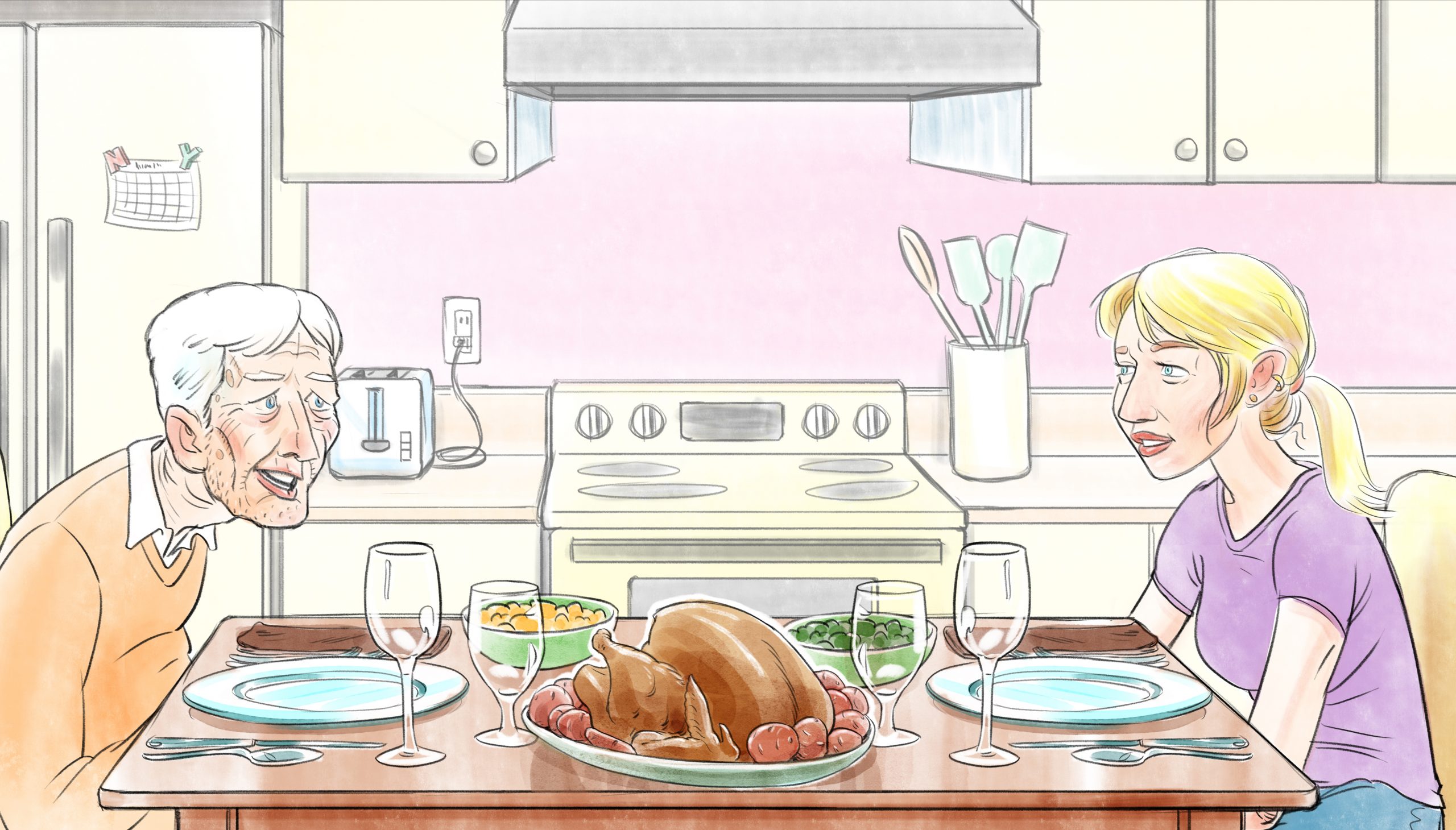
Can We Avoid Burnout?
We often use the term “burnout” as a vague label for an exhausting day or week of hard work, but actual burnout is more than

Advance care planning involves making decisions about the type of care you would like to receive if you become unable to speak for yourself due to illness or an accident.
“It’s vitally important to talk to loved ones about your wishes and values regarding the health and personal care you would want to receive in the future — because none of us can predict when or if we might become ill and unable to speak for ourselves,” says Audrey Devitt, Waterloo-Wellington Geriatric System Coordinator for the Canadian Mental Health Association Waterloo Wellington (CMHAWW).
Advance care planning is an issue that affects everyone, not just those who find themselves in hospital due to a serious illness or injury or who may be nearing the end of their life.
“Unfortunately, advance care planning is also a topic that too many people avoid. We need to change that — and Thanksgiving, when families across Canada gather to celebrate their blessings, is a good time to start.”
Devitt is one of the health-care professionals involved in launching Vitalogue, an e-learning game designed to encourage and support important conversations between patients and families about advance care planning.
Vitalogue is a scenario-based game, created through a collaboration involving St. Joseph’s Health Centre Guelph, Conversations Worth Having Waterloo Wellington, Hospice of Waterloo Region, Hospice Wellington, and CMHAWW. Vitalogue was created by Dialectic, a Guelph-based e-learning solutions provider, and leverages insights from the Game Design and Development Program at Wilfrid Laurier University.
The game puts players in the shoes of the patient to help create empathy and understanding of the decision process from their point of view. Although it was designed for health care professionals, the real-world scenarios are an effective tool to help everyone practice the skills involved in having these difficult conversations.
“We designed the game around real problems, and the decision-making process that people go through when they’re facing these incredibly difficult and highly personal questions,” said Aaron Barth, Founder and President of Dialectic. “Each choice the player makes incrementally impacts the patient’s outcome, ultimately leading to better or worse results for them and their family. The simulation lets players practice the skills they need to help families and their loved ones arrive at decisions that are best for them.”

We often use the term “burnout” as a vague label for an exhausting day or week of hard work, but actual burnout is more than

At Dialectic, we think a lot about DEI, soft skills, and leadership training that makes organizations more inclusive and human-friendly. When we team up with

Ageism commonly affects women over 40 in the workplace. In spite of their tremendous wisdom and experience, women over 40 may be passed over for
Dialectic helps organizations improve the way people work, learn, and collaborate through person-centred design and the latest in social science.

Does your team struggle with soft skills?
Use our app or upload Snippets to your LMS to build better habits in minutes with scenario-based microlearning.
Sign up for our weekly roundup of the latest on DEI, leadership, collaboration, and learning science.
© 2024 Dialectic. All rights reserved. | Contact Us | Privacy Policy | Terms of Use | AODA Statement
See how easy it is to activate soft skills in your organization. Soft skills training on 3 key topics: DEI, Leadership, and Collaboration.